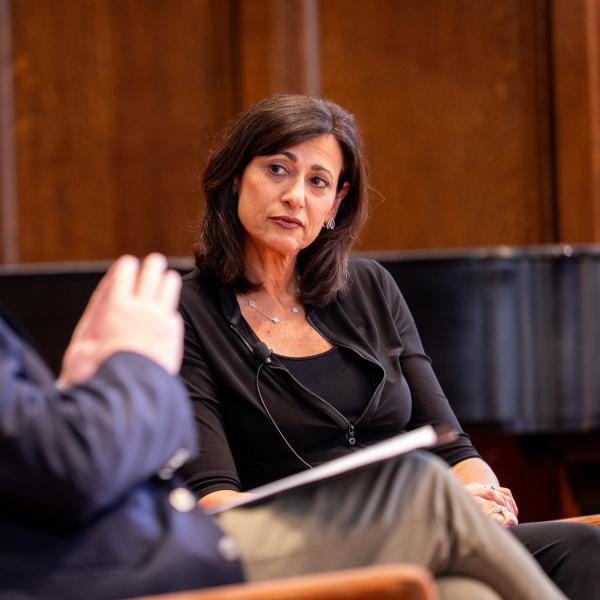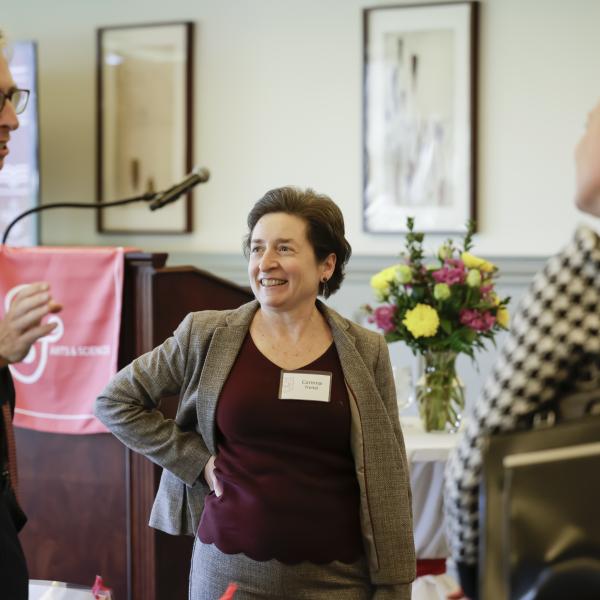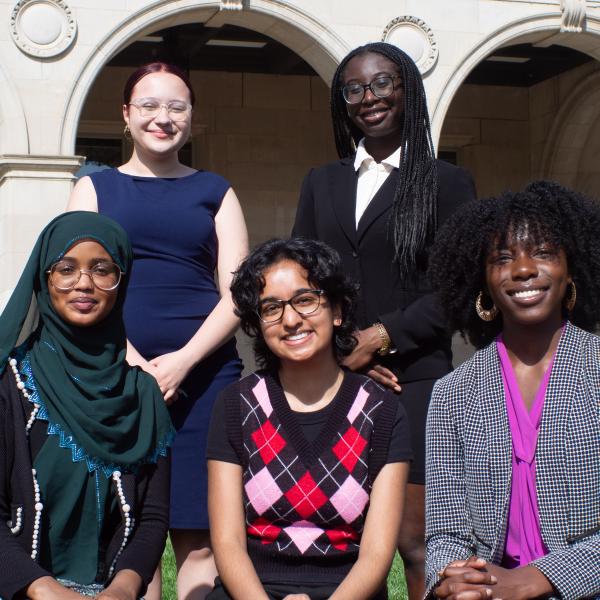On Oct. 14, the Department of Economics will host a seminar that will pose some provocative questions about plagiarism in academia. The seminar presenter, Gary Hoover, a professor of economics at the University of Oklahoma, wrote one of the seminal papers on the topic, called “Whose Line Is It? Plagiarism in Economics,” published in 2004 in the Journal of Economic Literature with co-author Walter Enders.
John Nachbar, chair and professor of economics, says the paper and subsequent work addressed three issues: “What do academic economists view as plagiarism? How prevalent is plagiarism in academic economics? And what procedures does the economics profession, and in particular academic journals (which are the gate keepers for dealing with such issues), have for dealing with plagiarism?”
“Prior to Hoover's work, there had been little or no systematic investigation of these issues within economics,” adds Nachbar. “I believe that, in the upcoming talk, Hoover will, among other things, have things to say about plagiarism in the social sciences more generally.”
Hoover is a WashU alumnus and former Chancellor's Graduate Fellow who graduated with his PhD in economics in 1998. Additionally, he now serves as co-chair of the Committee on the Status of Minority Groups in the Economics Profession (CSMGEP), which is a committee of the American Economics Association—the main organization of economists in the world. Nachbar explains, “CSMGEP tracks the number of minority economists within the profession and seeks ways to increase minority representation. One instrument for the latter is the AEA’s summer program, aimed at helping undergraduates prepare for graduate school in economics and related disciplines.”
Nachbar says, “Intellectual integrity is an important issue for academics, for students and researchers both. Plagiarism is a topic on which academics tend to have strong feelings. I’m hoping for a very lively seminar.”



